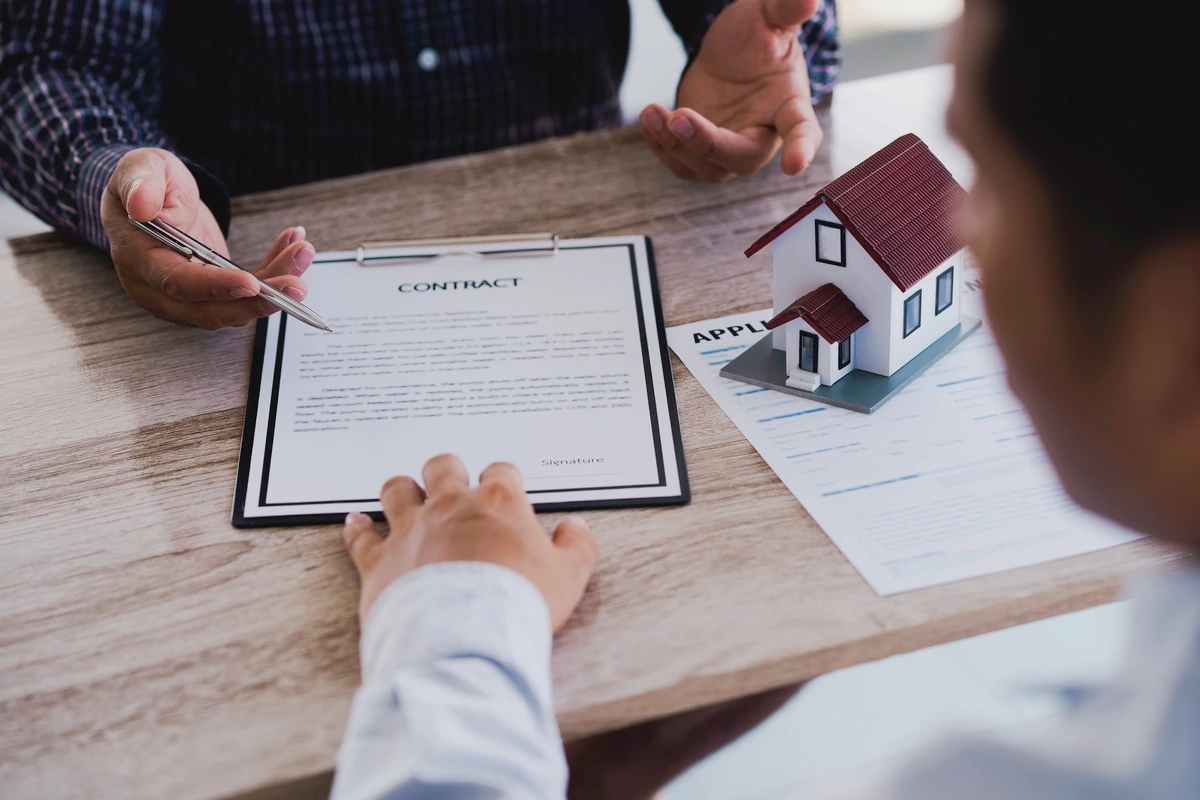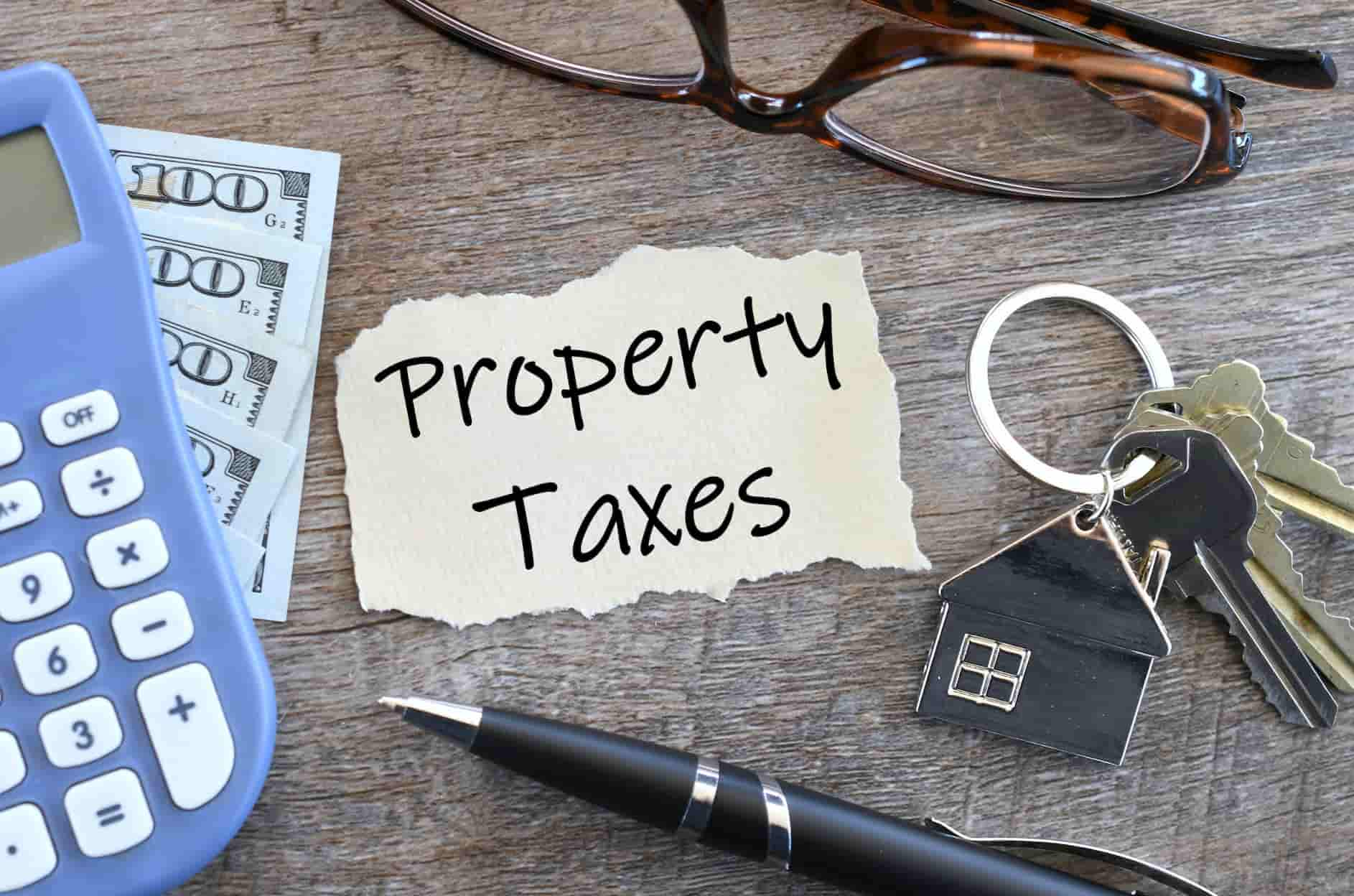Since the pandemic months, the purchase of new homes has experienced a remarkable increase. This process not only involves the exciting journey of finding the home of your dreams but also a real financial challenge that requires a good understanding of all the taxes and expenses associated with buying a new home. If you're considering taking the plunge and investing in a new home, you've come to the right place.
At Prime Invest, we know the excitement of buying a new home with the confidence of understanding all the new construction taxes that are due. In this article we not only explore the essential taxes, but we'll also walk you through all the additional costs you may encounter along the way so that none of them catch you by surprise.

Expenses associated with the purchase of a new construction home
When buying a home, we must carry out many administrative procedures and pay certain expenses and taxes. For tax purposes, purchasing a second-hand home is not the same as buying a new home.
If it is a home that is already registered in the Land Registry and where people have previously lived, we will talk about the Property Transfer Tax (ITP for its acronym in Spanish). Each Autonomous Community is in charge of managing the percentage to be applied, within limits established by law. On the other hand, when we talk about new homes, the taxes to pay are VAT and Stamp Duty (IAJD for its acronym in Spanish). Today we focus only on the new construction taxes and the rest of the expenses associated with this transaction. Let's start!
1. Taxes for a new construction: VAT + IAJD
As we have already mentioned, when we decide to buy a new construction home, we must comply with tax obligations, which involves informing the Treasury and paying various taxes: Value Added Tax (VAT) and Stamp Duty (IAJD). Let us look at each one in more detail.
How much is the VAT on a new construction home?
The VAT for a new construction is usually 10% of the purchase value. However, there are exceptions: if the property is a subsidized housing under a special regime or public promotion, its taxation can be reduced to 4%.
But when is it due? VAT on a newly built home is usually paid when the deeds are signed. In other words, it is paid together with the rest of the payment for the property.
The tax on documented legal acts
This is a tax applicable to notarial documents that depends on the Autonomous Communities. It is made up of a fixed part and a variable quota that varies according to their autonomy. The Book of Autonomous Community Taxation of 2023 includes the percentage rates of each Autonomous Community:
- Andalusia: 1.2% of IAJD
- Balearic Islands: 1.5% of IAJD
- Aragón: 1.5% of IAJD
- Asturias: 1.2% of IAJD
- Canary Islands: 0.75% of IAJD
- Cantabria: 1.5% of IAJD
- Castilla y León: 1.5% of IAJD
- Castilla La Mancha: 1.5% of IAJD
- Catalonia: 1.5% of IAJD
- Valencian Community: 1.5% of IAJD
- Extremadura: 1.5% of IAJD
- Galicia: 1.5% IAJD
- Community of Madrid: 0.75% of IAJD
- Region of Murcia: 1.5% of IAJD
- Navarre: 0.5% of IAJD
- Basque Country: 0.5% of IAJD
- La Rioja: 1% of IAJD
- Ceuta: 0.5% of IAJD
- Melilla: 0.5% of IAJD

2. Notary fees: other expenses for the purchase of a new construction home
Although these are not taxes that are taxed in the Income Tax Return, there are other expenses related to the purchase and sale of a new home. For example, notary fees are those generated by the work of a notary when he/she writes the deed of the future house. The fees are official and are regulated between 0.2% and 0.5% of the purchase value.
3. Property Registry Expenses
When buying a new property in Spain, registration fees are part of the acquisition costs that the buyer must take into account. The payment is made to the registrar in charge of putting the new property in your name and registering it in the Land Registry. The price of these fees is also regulated and usually ranges between 0.1% and 0.25% of the price of the property.
4. Management Fees
Although these expenses are not obligatory, they are very frequent and are usually recommended. The most usual thing is that it is a professional who is in charge of all the administrative procedures during the process of buying and selling a house. These costs are variable and depend on the agency you go to.
In addition, if you decide to mortgage the payment of your purchase, the bank will oblige you to hire the services of an agent to ensure that the property is registered in your name.
In short, these are the main taxes and expenses for the purchase of a new home. However, you should keep in mind that you may also be charged other costs during the process such as: the mortgage you take out or the real estate agent's commission, among others.
The importance of knowing about taxes before buying a new construction home
Understanding the taxes and costs associated with buying a new home in Spain can make the difference between a smooth transaction and one full of financial surprises. At Prime Invest, as real estate consultants, we not only recognize the excitement surrounding the moment of investing for a new home, but we also deeply value your peace of mind and confidence throughout this process.
We have a team of highly trained luxury real estate consultants with a deep understanding of the complex nuances of the new home market in Spain. Don't hesitate to contact us, we will be happy to answer your questions, offer personalized advice, and ensure that your real estate investment is a success.
And if you are interested in knowing the current trends in the new construction real estate market, we invite you to explore our article where we tell you all about it. Find out how these factors can influence your next investment. Will you join us on this exciting journey?





